
Once someone makes the decision to climb Kilimanjaro, the hardest and most important decision is which guide service to climb with. There are many companies that operate on the mountain, with each claiming to be the best. It’s easy to become overwhelmed.
One thing you will notice is that the prices are all over the board. Naturally, you wonder if all Kilimanjaro companies are all the same. And if so, why there is such a price discrepancy between the companies? It is a valid question that we ourselves would also be wondering if we were in your shoes.
From the outside, it is difficult to distinguish between one service and another. It takes an insider, like us, to reveal the truth on why some operators change so much or so little.
To understand the differences between operators, we first need to discuss the real costs of an expedition.
The main six costs for all operators are park fees, staff wages, food, equipment, hotels and taxes.
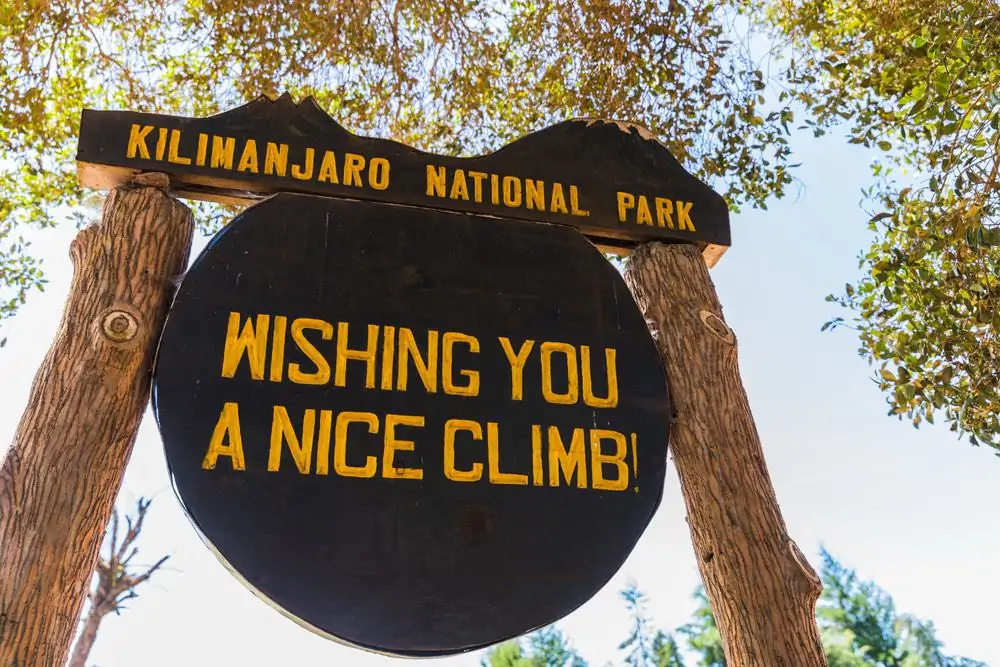
Park Fees
Kilimanjaro park fees account for the biggest cost of an expedition. This fact is surprising to most people.
Park fees are set by the Tanzanian park authorities. Currently, they amount to about $120 per person per day for each climber. So a seven, eight and nine day expedition right off the bat requires about $840, $960, and $1,080 in fees, just to get in.
But our staff also pays park fees. The rate is much lower at $2 per person per day, but when we staff a climb, we often have about four or five crew members per client. So that is another $8-$10 per day, or $56-$90 per client for a typical group climb.
The Tanzanian park authorities are notorious for changing park fees with little notice. They tend to increase every few years. But park fees are fixed, so every company pays the same amounts.
The other costs, described below, can vary widely from operator to operator, depending on the level of service they choose to provide. These expenses are what separates the field of Kilimanjaro operators.
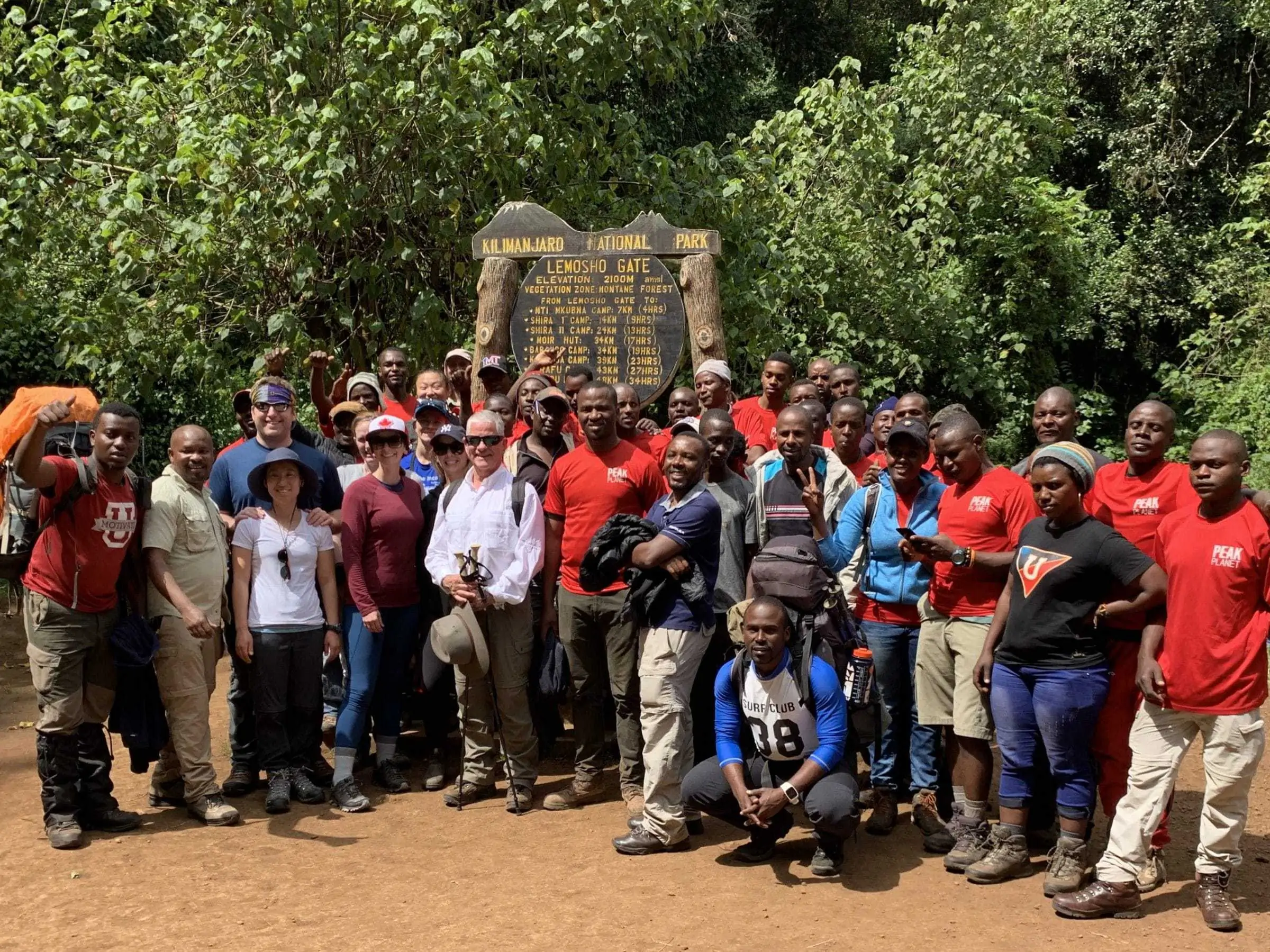
STAFF COSTS
Only reputable operators are able to retain the best guides. Logically speaking, a company that has few customers is not going to employ the most talented personnel. The ambitious, hard working staff would simply be lured away by a better paying, busier operator.
Peak Planet’s mountain crews are the among the highest earners on Kilimanjaro.
Our staff gets paid one of the highest wages on the mountain and they climb Kilimanjaro around 20 times a year. This is the main reason we are able to find and keep the most high performing staff. We pay them well and keep them working. To have the best guides, we have to compensate them accordingly.
Additionally, we have the highest ratio of guides to clients on the mountain – one guide per two clients. So not only is our cost per worker higher than other companies, but we use more staff per climb. We believe this is necessary to adequately monitor every climber.
Some operators use only one guide per three or four clients. That is a tall task to ask of anyone on a peak like Kilimanjaro that draws its fair share of first timers. By having plenty of guides on each expedition, Peak Planet is confident that our staff can handle their day to day responsibilities not just adequately but brilliantly. Even more important is that we know we have the manpower to mitigate risks and manage emergencies should they occur.
We like to reward our employs, not just with compensation, but with personal development opportunities. We hold classes in English language, crisis management, guiding skills, and money management to widen our guides’ experience and ultimately provide better service to our clients. Our staff goes through extensive multi-day training courses during the low season to reevaluate and refresh their knowledge of first aid and rescue. These courses assure that our guides are well prepared for any situation they encounter.
The level of care that goes into the welfare of our staff increases our costs substantially. But it is one of the fundamental principles of Peak Planet that all of our staff is treated fairly and humanely. We want to ensure that everyone has the opportunity to perform regular work and that they receive more than a living wage. Clients will see this principle through the eyes and attitudes of our guides and porters while they are climbing Kilimanjaro. It is one of the main reasons why our clients rave about our staff after their climbs.
Staff costs are the first place that low priced operators target when cutting costs. Many operators do not pay their staff an honest wage. By underpaying porters, these operators are able to cut costs dramatically at the expense of their staff’s welfare. It is a shameful, but all too common, practice.

Food Costs
What you eat on the mountain has a bearing on how you perform. That’s why we have carefully chosen the food we serve. We provide hot, delicious and nutritious meals made from fresh, quality ingredients. And on longer routes, we even have food resupplied in the middle of the climb so there is no decrease in the quality or volume of meals that are prepared. The feedback we receive from our clients often mentions that the food was outstanding.
We also make sure our crew eats well too – three meals a day, made of their preferred local foods such as ugali and rice, with some meat and vegetables.
Many operators do not provide the same standard of food.
Instead, they will serve the same dishes over and over to clients, made almost entirely of cheap starches like rice, bread and pasta, and canned foods, while offering little in terms of meat and vegetables. You may even get more than a few box lunches, consisting of empty calories and dry, tasteless items. Because it is important to have sustained nutrition for trekking, if you’re not eating well or getting the right types of food, you’re not recovering from the activity. Without enough calories and nutrients, you are operating at a deficit. Your daily hikes get more and more difficult.
Sadly, many operators only feed their porters once or twice a day. Porters expend a lot of energy hauling gear up the mountain. They need to eat as well as the clients. But again, this is where low cost operators skimp. Clients usually never notice this as it is done away from their eyes, but it happens often.
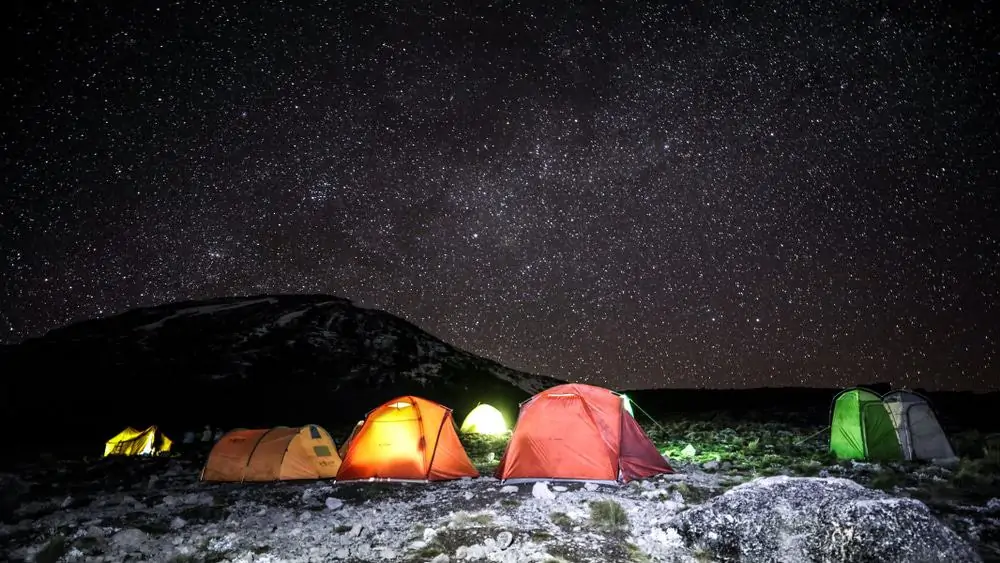
Equipment Costs
Our tents are designed for conditions on Kilimanjaro. We provide high-quality tents and name brand gear from Ferrino, an excellent outdoor equipment company established in Italy. Tents, sleeping bags and other equipment on Kilimanjaro are heavily used and wear down quickly no matter how good they are. We regularly maintain and replace equipment so that our clients can be comfortable while on the expedition. Constantly renewing the equipment, which is imported from other countries, requires a large expenditure of funds every couple years.
Lower priced companies do not use solid tents and equipment.
They will purchase used, second hand tents and then keep them functional as long as possible. They will repair and reuse tents as well past their expiration dates. This is evident when they leak, have holes and patches, and broken zippers. Budget operators also use locally made equipment which is very economical but low in quality. The last thing you want is to be housed in a wet tent or sleep in a cold sleeping bag.
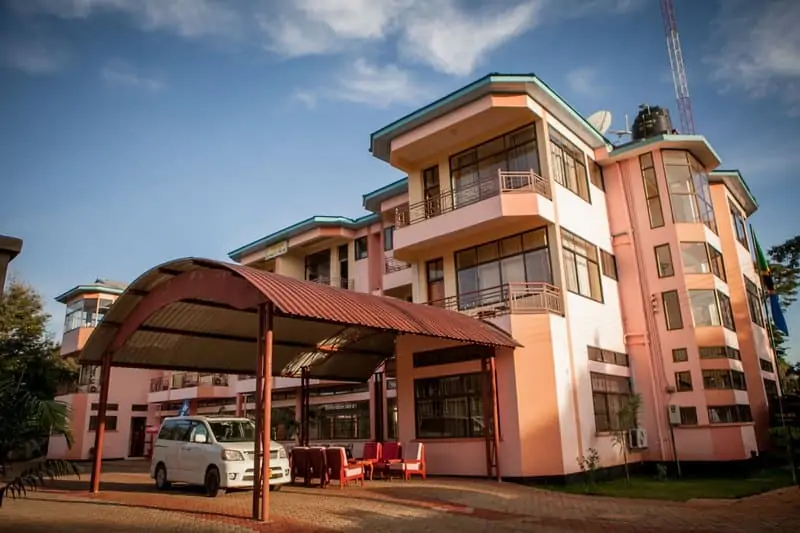
Lodging Costs
Our climbs include the hotel stays before and after the climb. These nights are spent at simple, but decent lodges with great customer reviews. We want your entire stay, from beginning to end, to be excellent so we do not sacrifice service on the front and back end of your trip.
Lower priced companies will use poor hotels or don’t include lodging at all to lower their cost. They also may charge you separately for food.
Taxes
Finally, there are taxes. The Tanzanian government charges a value-added tax (VAT) to all services we perform. This tax is set at 18%.
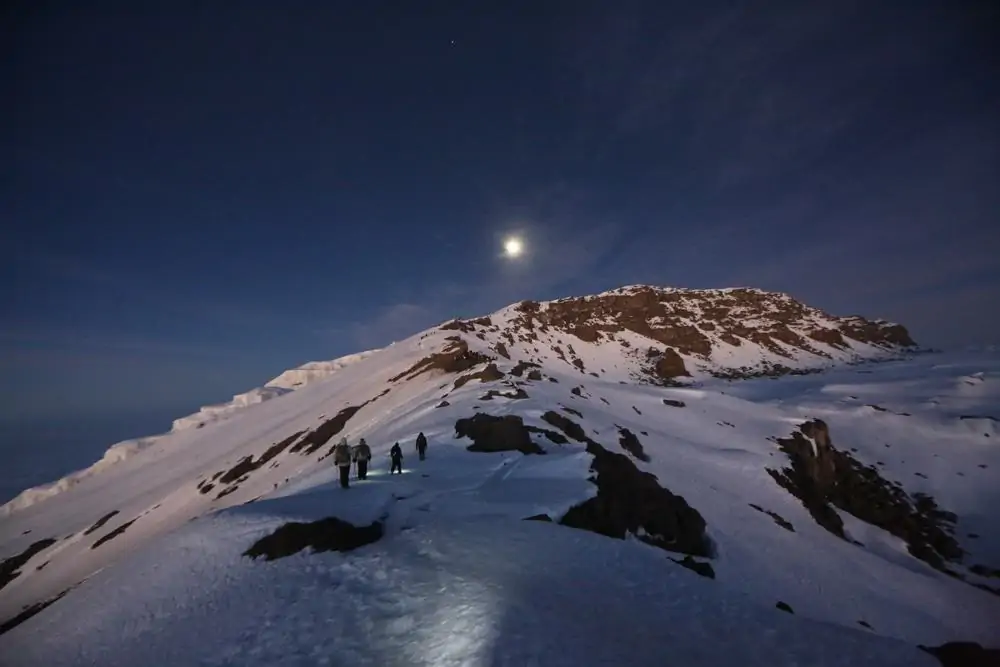
Our Prices
When we built Peak Planet, our mission was simple – to provide the highest quality services while keeping our prices affordable.
We wanted to offer a great value for high-quality services. To accomplish this, we evaluated each and every expense carefully to ensure that every cost we incurred made a tangible difference to your experience. We want to have the best service at the lowest price without compromising our high standards. That’s why even though we offer so much more than competing mid-tier operators, we also managed to keep prices affordable. No other company is a better value.
We will never be the lowest priced outfitter on the mountain, nor do we care to be. Low priced operators might make 20% of their clients happy, have 50% of their clients feeling ambivalent, and leave 30% of their clients dissatisfied. We simply aren’t OK with that level of service. These operators charge lower prices, but cut out the things you need to be safe and comfortable. Make no mistake that the dangers of high altitude trekking increase when climbing with low priced operators.
On the other hand, luxury operators charge prices much higher than ours for things you do not need. They handle far less clients overall, but make three times the profit per climber. There really is no way to justify the prices they charge. Any upgrades in their guides, equipment or food is marginal at best, if not inexistent.
Peak Planet is a mid-range company providing a high standard of service at a fair price.
We are one of the few specialist companies operating on Kilimanjaro and we have built a solid reputation as one of the best on the mountain. We will gladly put our standard of service and our client satisfaction ratings against any of our competitors. 90% of the operators out there do not even come close, while the others will charge you far higher prices for the same level of service.
The prices of our climbs reflect our higher, but necessary, operating costs to provide a standard of service that yields a 99.8% client satisfaction rate. As the premier outfitter for climbing Kilimanjaro, we pride ourselves in offering the best Kilimanjaro climbs at fair prices.


